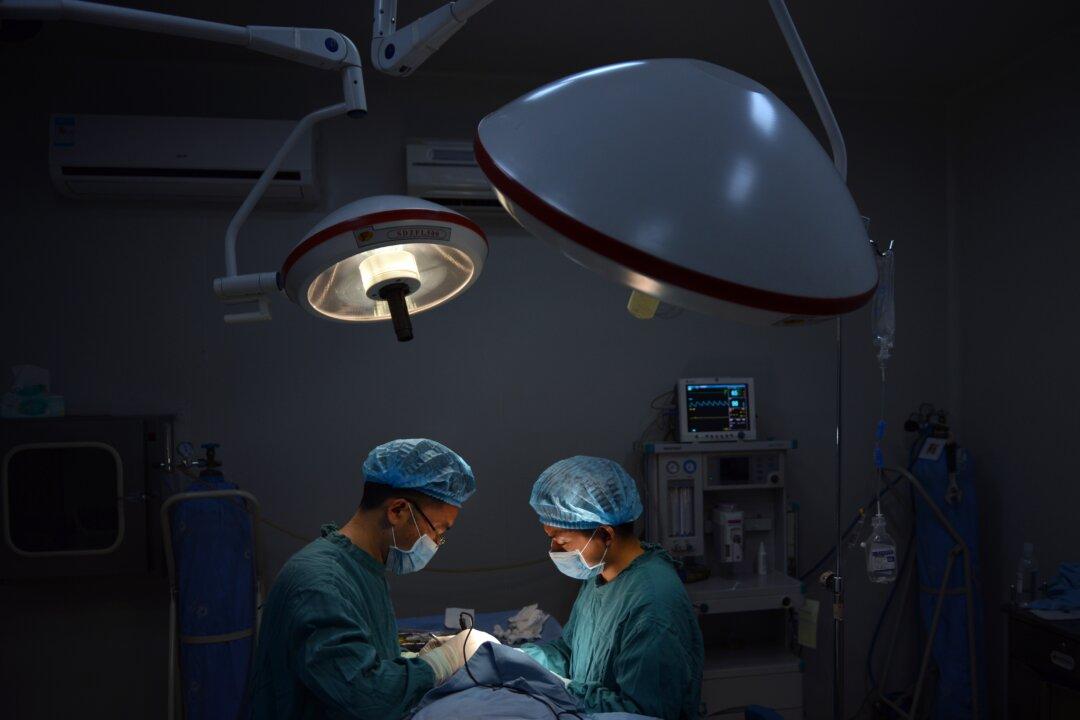Reports have surfaced of a Chinese hospital that was recently found to have copied the entire website of a top-rated provincial hospital and deceived customers into believing that it was the advertised institution.
On April 19, web staff at the Guangdong Provincial Dermatology Hospital, in southern China, found that a private competitor was stealing the identity of their own workplace.
“Our doctors have often had information plagiarized from their personal profiles, but this time we discovered that our entire site was cloned,” an office director at the genuine hospital told New Express Daily, a provincial newspaper.
In China, hospitals are ordered by ranks, with those of the third and highest grade having access to the best doctors and equipment. The real hospital belongs to this coveted third rank.
Results on popular Chinese search engine Baidu show the knock-off website, which has an even higher search ranking than the real hospital’s website. Every detail is the same, from the hospital’s introduction to information about individual staff.






